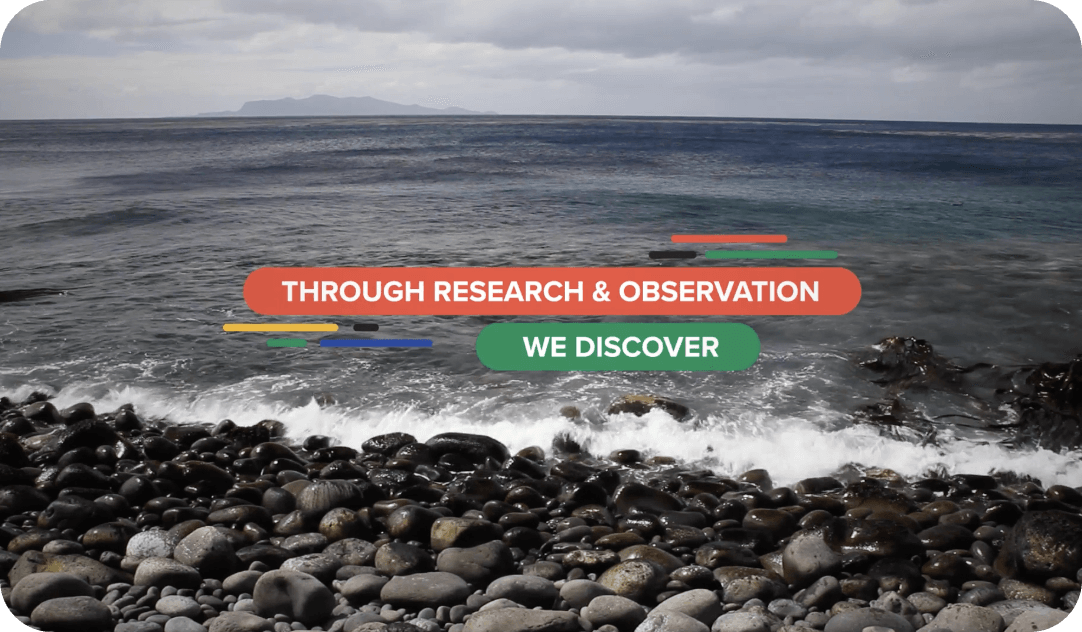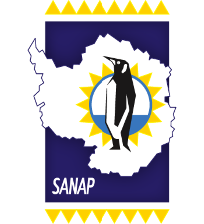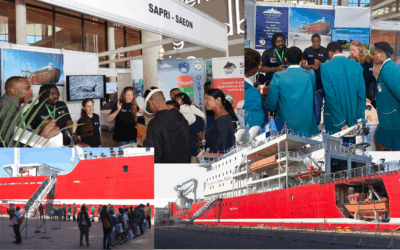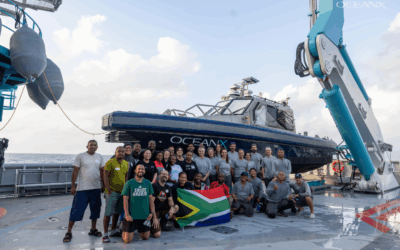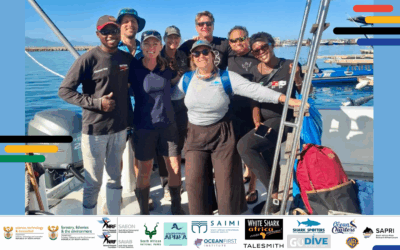
Transforming, consolidating & strengthening
MARINE & POLAR RESEARCH
The ultimate objective of SAPRI is to enable balanced research growth across the marine and polar disciplines, and to maintain and further expand the world-class long-term observational datasets already established.
ABOUT SAPRI
The SAPRI was established in 2021 to ensure coordination of South African marine and Antarctic research as a national Big Science programme, providing seamless access to existing and new research infrastructure required to develop and enhance long-term observations of South Africa’s polar region.
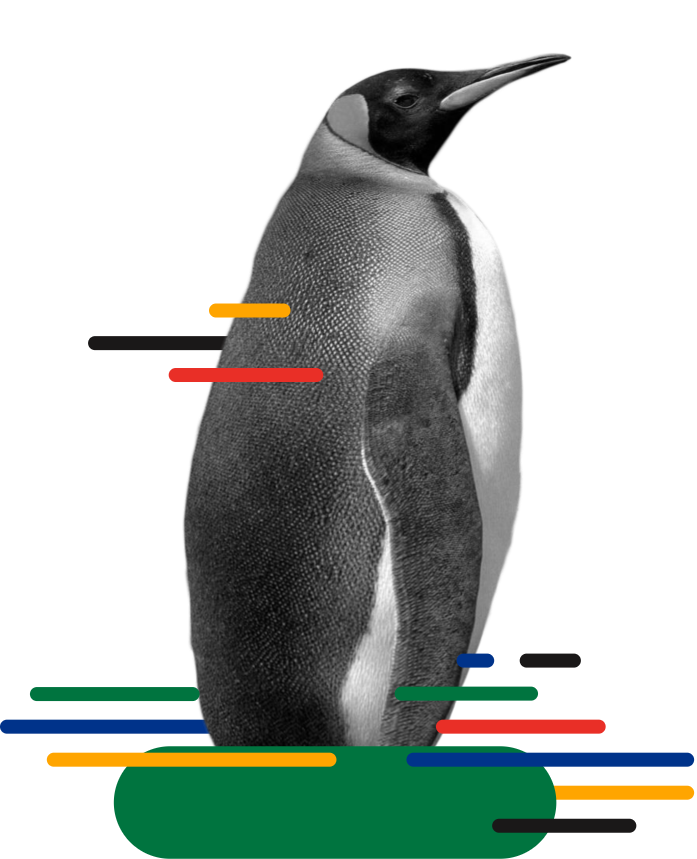


Data, Products & Society (DPS)

Bringing together the SAPRI Data Centre, the various types of generated data and downstream products, including modelling and the societal outreach programme.
Read MoreLong-term Observations on Land (LTO-Land)
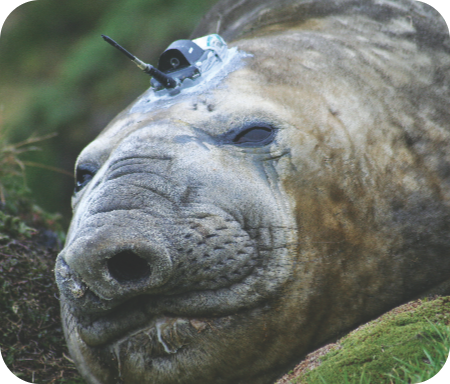
Ensuring the continuity of the established long-term observation networks in three different regions: the Prince Edward Island system (Marion and Prince Edward Islands), Gough Island; and, the Dronning Maud Land (DML) section of Antarctica where the South African Expedition Station (SANAE IV) is located.
Read MoreLong-term Observations of the Ocean (LTO-Ocean)
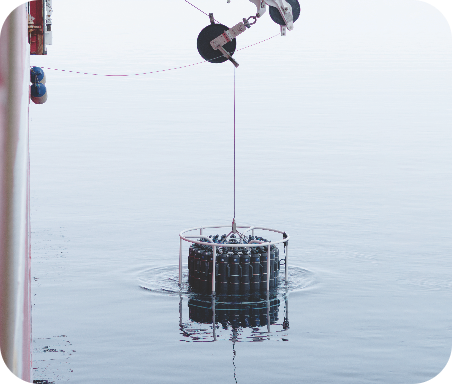
Ensuring the continuity of the established long-term observation networks in the oceans surrounding South Africa, including the Southern Ocean, the South-West Indian Ocean, and the South Atlantic Ocean.
Read MorePolar Lab
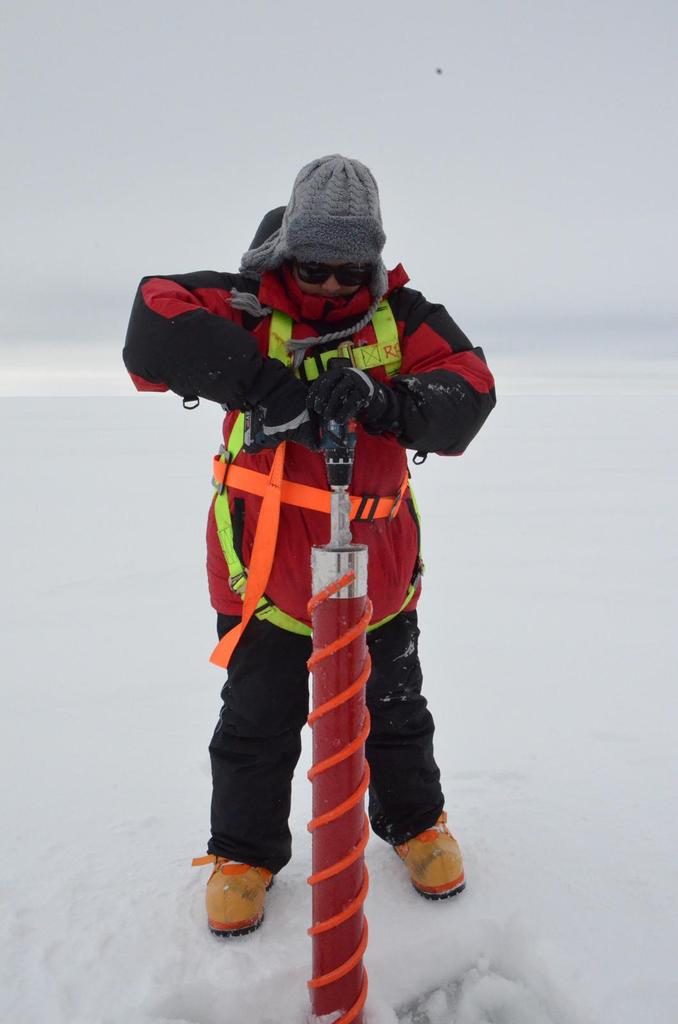
Establishment of the first sub-zero, temperature-controlled laboratory in Africa, for the simulation of the Antarctic and sub-Antarctic environment for experimental and training purposes. This innovation will bring new opportunities for polar research in Africa.
Read More

LATEST NEWS
The returning SAPRI Marion Island overwintering team (M81) participates in the S.A. Agulhas II Open Day in Durban
This year’s Open Day of the S.A. Agulhas II, hosted by the Department of Forestry, Fisheries and the Environment (DFFE), took place in Durban following the return of South Africa’s very own research and logistics vessel from sub-Antarctic Marion Island. For over a...
South Africa leads collaborative deep-sea exploration in African waters onboard the OceanXplorer
The Around Africa Expedition, led by global ocean exploration non-profit organisations OceanX and the newly established OceanQuest, is a pioneering collaborative expedition along the African coastline and an endorsed action programme of the United Nations Ocean Decade...
White shark research gains momentum in 2025 with successful satellite tagging in Mossel Bay
Where have South Africa’s white sharks gone? And where do they go when orcas move in? These are two of the most frequent and pressing questions we’re asked following the dramatic and well-documented disappearance of white sharks (Carcharodon carcharias) from...
QUICK LINKS
Latest Newsletter

We’d love to have you on board for all the latest in the SAPRI corner. Subscribe to our newsletter and receive regular news and updates about what we do.
COMING SOONSAPRI Data Centre

If you would like to submit data, or access data or other resources that other researchers have collected, please visit the SAPRI Data Centre.
